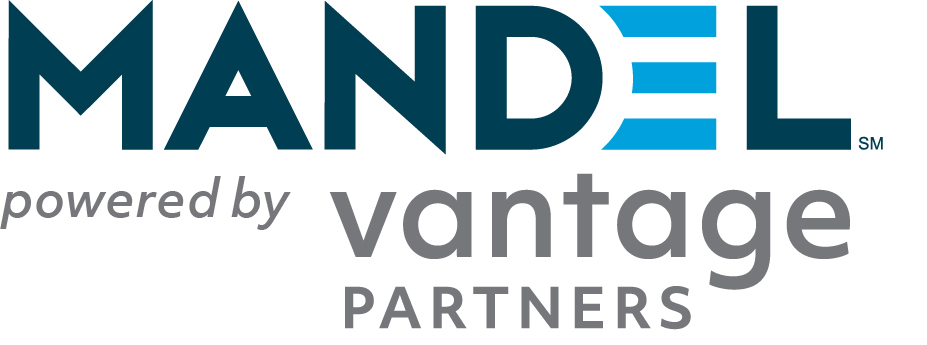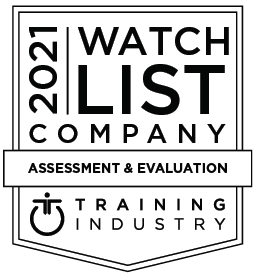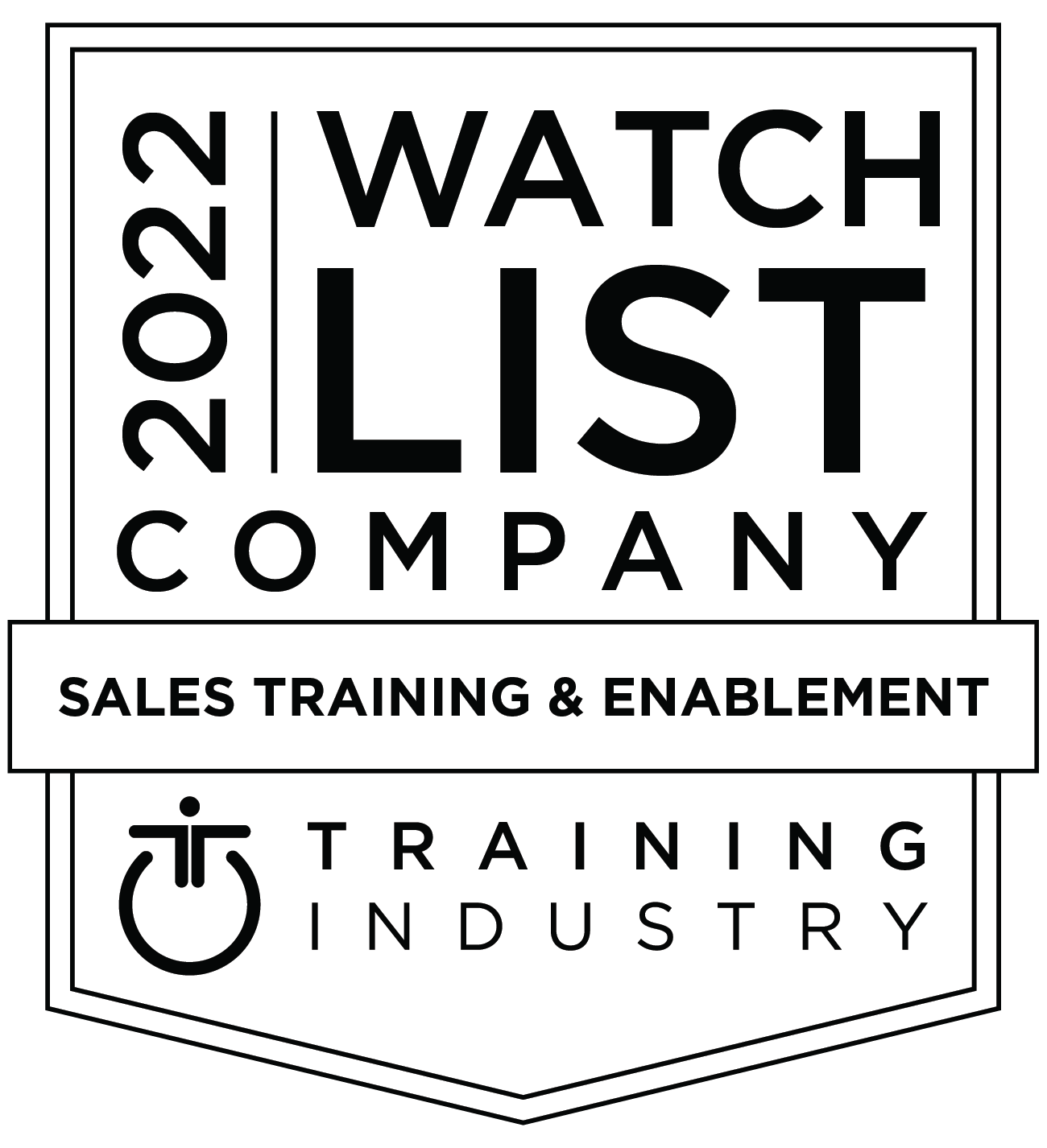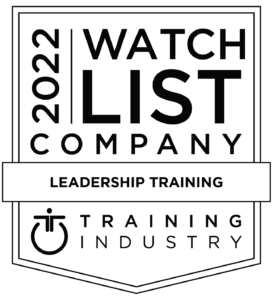For an interaction with a customer to be productive, three things must happen:
- Customers must understand what you’re saying.
- Customers must see the value in what you’re offering to them.
- Customers must trust you—the person in the room speaking directly to them.
Let’s dig deeper into why these elements characterize a successful sales conversation.
Without clarity, there can be no forward progress.Customers need to first “get” what you’re saying. When salespeople use “understanding” as their first measure of progress, as opposed to agreement or buy-in, we’ve found that they’re better able to communicate with clarity and precision and move the sales process forward.
Value must be two-dimensional—personal and professional.Once a customer understands what you’re saying, the next step is to articulate the business and personal value of your offer.
In other words, how can your products and services help your customers solve their business challenges, and also help resolve their personal concerns or enhance their positions or careers?
Credibility and relevance beget trust.During the sales cycle, every person you interact with is a potential blocker, influencer or decision-maker. And, these days, organizations can be incredibly matrixed. Consequently, buying decisions can involve multiple stakeholders from across many different lines of business.
To earn the sum trust of the group, you need to be able to communicate understanding and demonstrate value in ways that are credible and relevant—both personally and professionally—to every stakeholder at the table.
Understanding. Value. Trust. Sounds intuitive, right? Not exactly.Achieving all three requires your sales team to master their moments of truth—and mastery takes practice, just like driving a car. It isn’t enough to watch the drivers’ training video—you’ve got to get in the car and drive, ideally with an experienced teacher beside you, to help you decipher the road signs and react quickly to unexpected roadblocks.
The simple truth is too few sales teams practice their conversations and communications—what they’ll say and how they’ll say it—prior to heading out on that sales call or picking up the phone to talk with a customer. This is a mistake.
If you want to outsell the competition…At Mandel, we’ve seen amazing results when companies get serious about ensuring their sales teams are moment of truth ready.
Our experience has shown that salespeople who practiced what they would say or do under pressure were able to increase their sales in one of our studies by as much as 21% more than their colleagues who didn’t prepare and practice with the same rigor. That 21% represented a $3m difference in sales, as compared to the test group that lacked the same preparation.
Prepare as if your success depends upon it—because it does.In most jobs, how well we train and prepare for our high-stakes moments can mean the difference between success and failure.
Consider actors, athletes, and pilots—they don’t just expect that things will work out when the curtain opens or when they walk onto the field or climb into the cockpit. They prepare as if their success depends upon it—because it does!
Now, why treat your sales team any differently?
To discuss your sales challenges and how Mandel can help, call us at 1.831.475.8202 or browse our Think and Speak for Results™ Communication Training Workshops.










